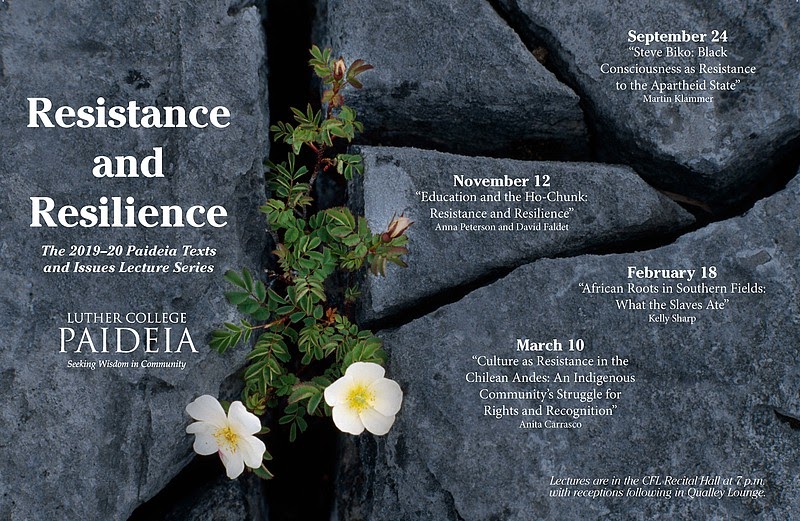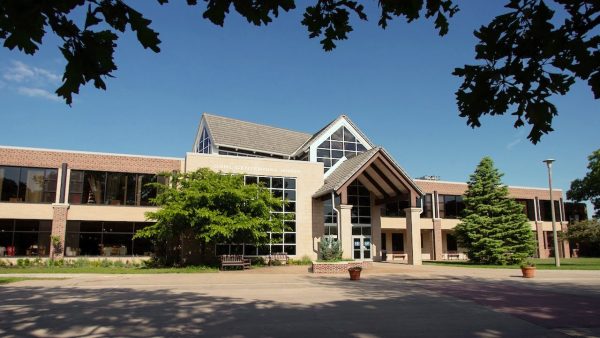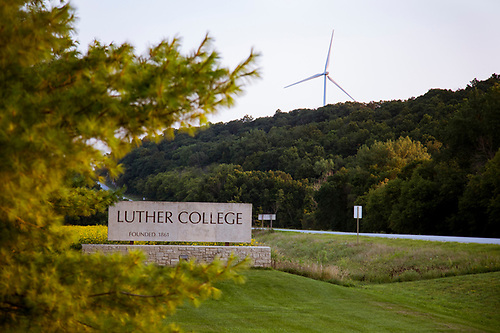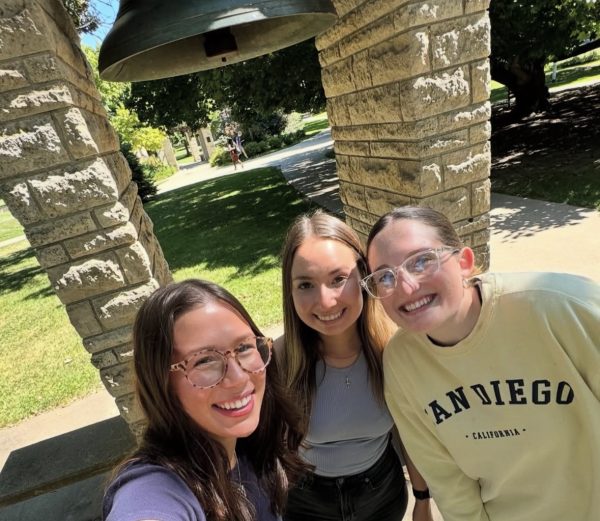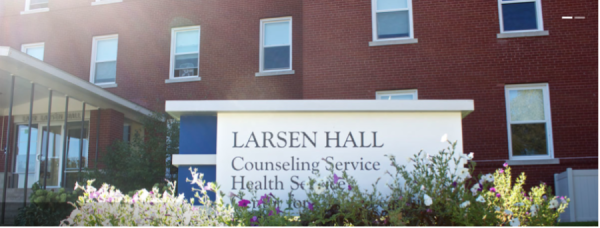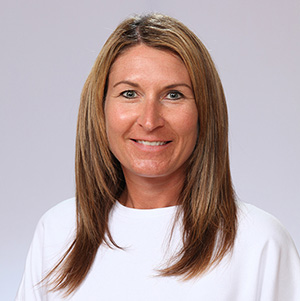Paideia Texts and Issues Lectures: “Resilient Communities in a Time of Change”
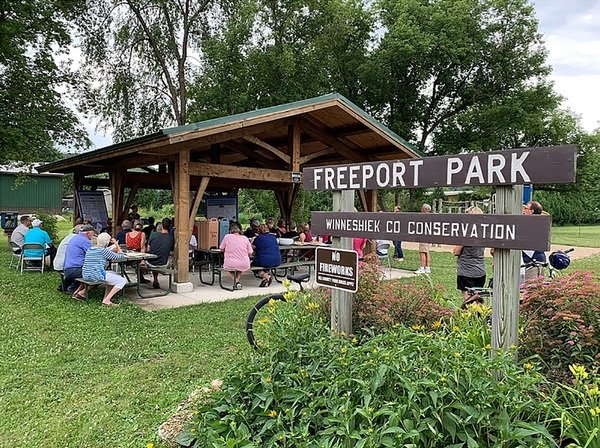
On Tuesday, April 13, Luther College held the last of this school year’s Paideia Texts and Issues lectures: “Resilient Communities in a Time of Change.” The lecture’s topic was centered around a community’s ability to not only bounce back from environmental changes, but bounce forward with resilience. The lecture consisted of three presentations, led by Professor of Philosophy and Environmental Studies Jon Jensen (‘89) and Professor of Philosophy Storm Bailey, and featured three student presenters; environmental policy and international studies major Piper Wood (‘21), biology and psychology major Carina Hansen (‘21), and environmental studies major Jonathon Rivera (‘21).
“With the right preparation, we can actually find ways to bounce forward and not just return to where we were, but to create positive dynamics out of responding to those changes,” Jensen said in his introduction to the lecture.
Wood’s presentation opened the discussion by addressing the 2016 Freeport flood event, and how the Winneshiek county community is still recovering from the damages. The flood destroyed many homes that were not prepared for natural disasters. After the waters receded, the people of Freeport were unable to live in or sell their homes due to the damage. Wood drew attention towards the steps the community and those around them can take to prevent this situation from happening again, especially with the increase in flooding due to climate change.
Hansen’s presentation tackled the conversations surrounding obesity prevention in the United States, by focusing on the Kellogg Food and Fitness Initiative and the steps the organization has been taking to help with the cause. A community-based organization, Kellogg Food and Fitness Initiative works in classrooms to provide healthy and affordable food for students. Her presentation centered around the Headstart programs of Northeast Iowa, a region which has some of the highest rates of obesity in the U.S.
“Resiliency plays a part in my study, because we’re building resiliency, [in a way],” Hansen said. “I would say that obesity and the epidemic of obesity throughout the country, especially in Iowa, is becoming a stressor, and it’s testing people’s resilience. So, by putting this program in action, we’re building resilience.”
Rivera concluded the discussion by introducing a third area of resilience outside health and natural disaster: sustainable energy. The presentation touched on solar microgrids in Puerto Rico, and how they can help the environment through use of renewable energy.
In 2017, Hurricane Maria hit Dominica, Saint Croix, and Puerto Rico, killing 3,000 people. The storm also destroyed various microgrids in Puerto Rico, taking away the main source of electricity. After the hurricane, Puerto Rico created new grids that better support the community. These grids are called solar microgrids, which generate their own energy with solar photovoltaics and battery energy storage.
“I try to think about what we can pursue that would have the most impact in slowing down climate change,” Rivera said. “The way we generate electricity, and the way we go about policy and things of that nature, are the most important ways to mitigate the damages we might see in the future as far as climate change.”
Similarly, Jensen emphasized the importance of resiliency as a core characteristic of community.
“It’s important for us to understand how we as individuals can become more resilient,” Jensen said. “The communities we are a part of need to be more resilient to respond positively to the changes that are happening,”
The Paideia Texts and Issues Lecture series has been a Luther College tradition since 1983. Each year, four or five lecture topics are chosen by the Paideia Governing Board and sponsored by the Paideia Endowment. The lectures are meant to provoke thoughtful discussion on various topics. This year’s focus on communities who are taking steps to become more resilient in response to climate change has opened up more conversation on campus.
If you didn’t get a chance to watch the lecture, a recording will be posted on the Luther College YouTube page.

